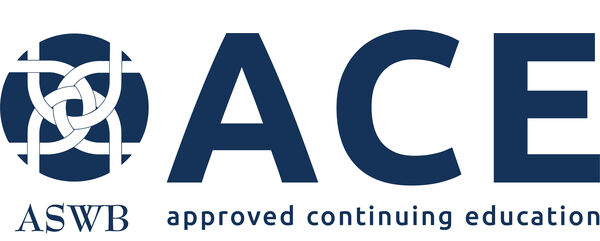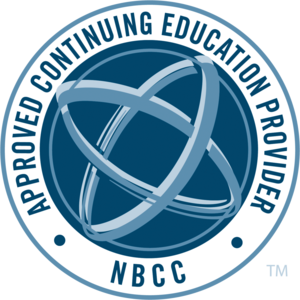Framework for Supporting Recovery With Counseling (2 credit hours)
Program Summary: This course is the second of a 3-part series on recovery from problematic substance use and offers a framework for supporting recovery with counseling. The course explores strengths-based, recovery-oriented counseling and includes a discussion of values, recovery capital, unconditional positive regard, cues for health and well-being, self-efficacy, and motivation. The course highlights sociocultural considerations and the importance of cultural responsiveness.
This course is recommended for social workers and counselors and is appropriate for beginning and intermediate levels of practice.
We do not recommend this course if you completed our previous course, Counseling Approaches to Promote Recovery from Problematic Substance Use and Related Issues (15 credit hours), as it covers the same course material.
Reading: Counseling Approaches to Promote Recovery From Problematic Substance Use and Related Issues: Chapter 2 Publisher: SAMHSA
Course Objectives: To enhance professional practice, values, skills and knowledge by exploring recovery-oriented counseling.
Learning Objectives: Describe competencies for recovery-oriented counseling. Describe sociocultural considerations and the importance of cultural responsiveness. Identify the principles of strengths-based counseling.
Review our pre-reading study guide.
G.M. Rydberg-Cox, MSW, LSCSW is the Continuing Education Director at Free State Social Work and responsible for the development of this course. She received her Masters of Social Work in 1996 from the Jane Addams School of Social Work at the University of Illinois-Chicago and she has over 20 years of experience. She has lived and worked as a social worker in Chicago, Boston, and Kansas City. She has practiced for many years in the area of hospital/medical social work. The reading materials for this course were developed by another organization.





